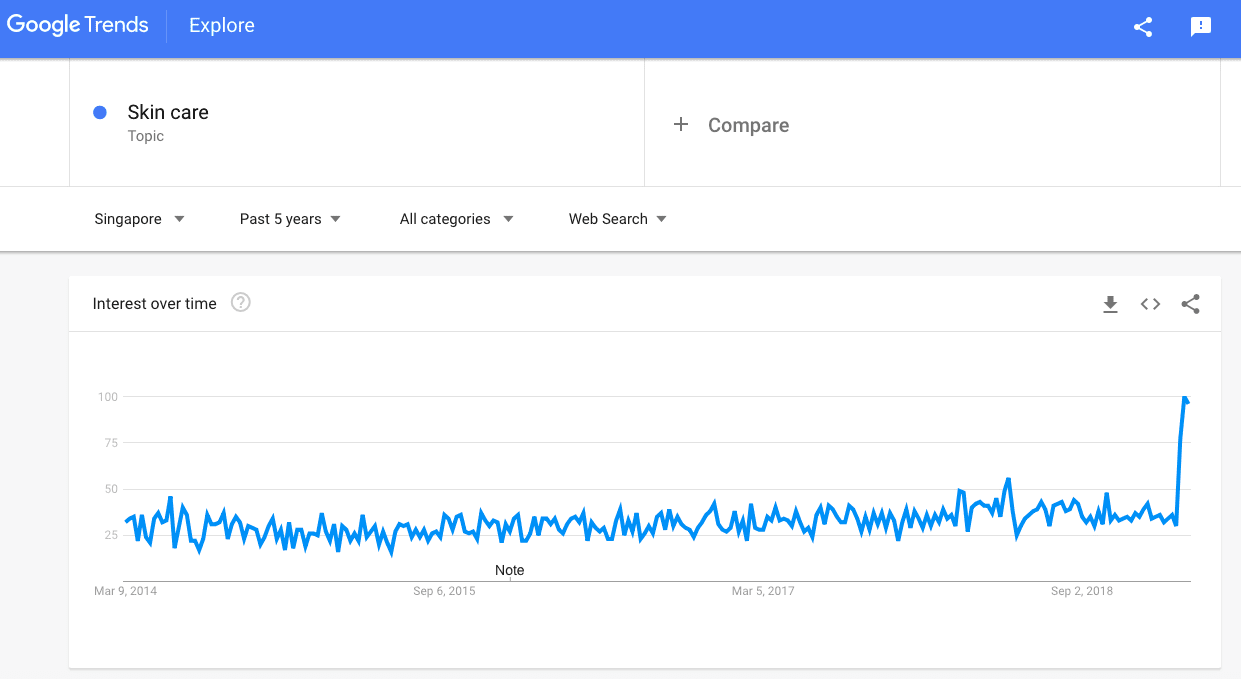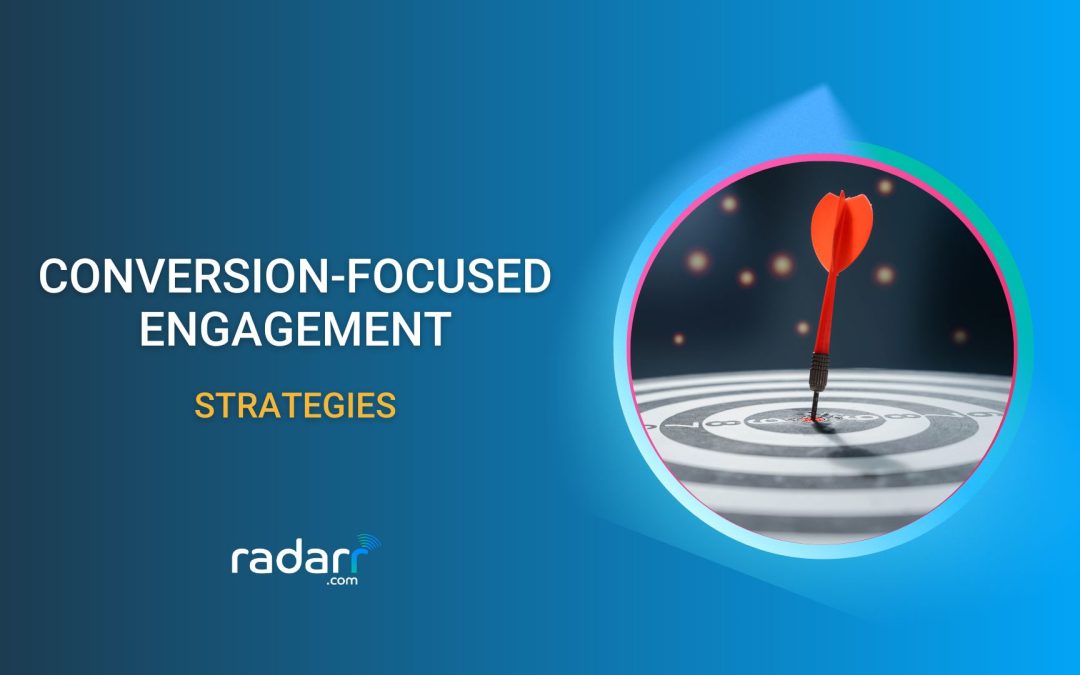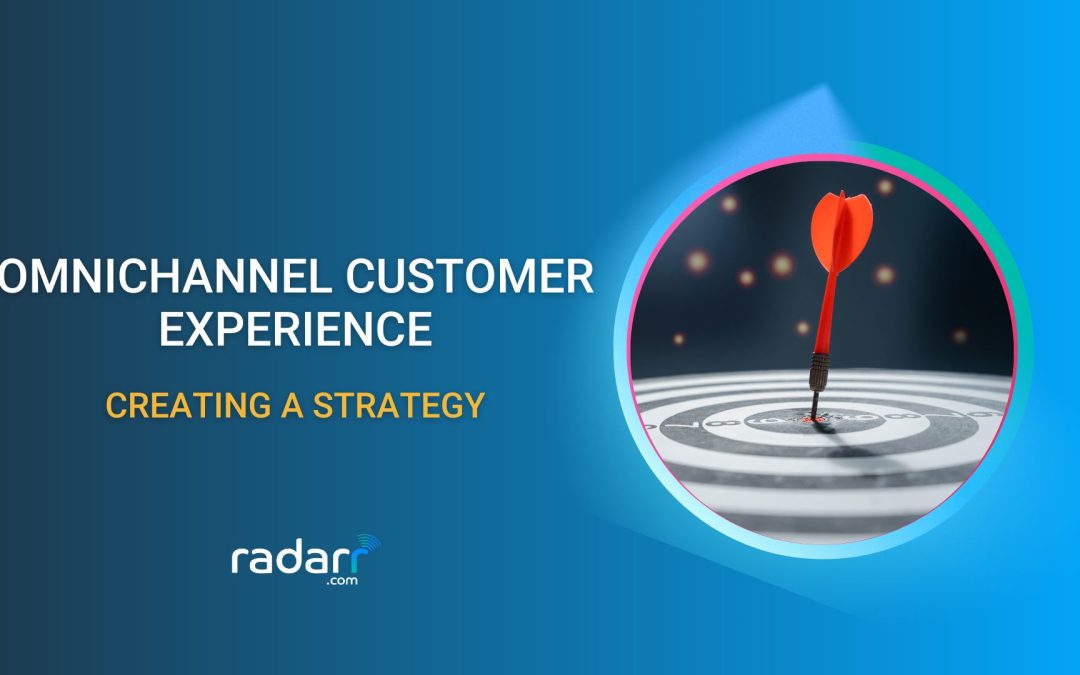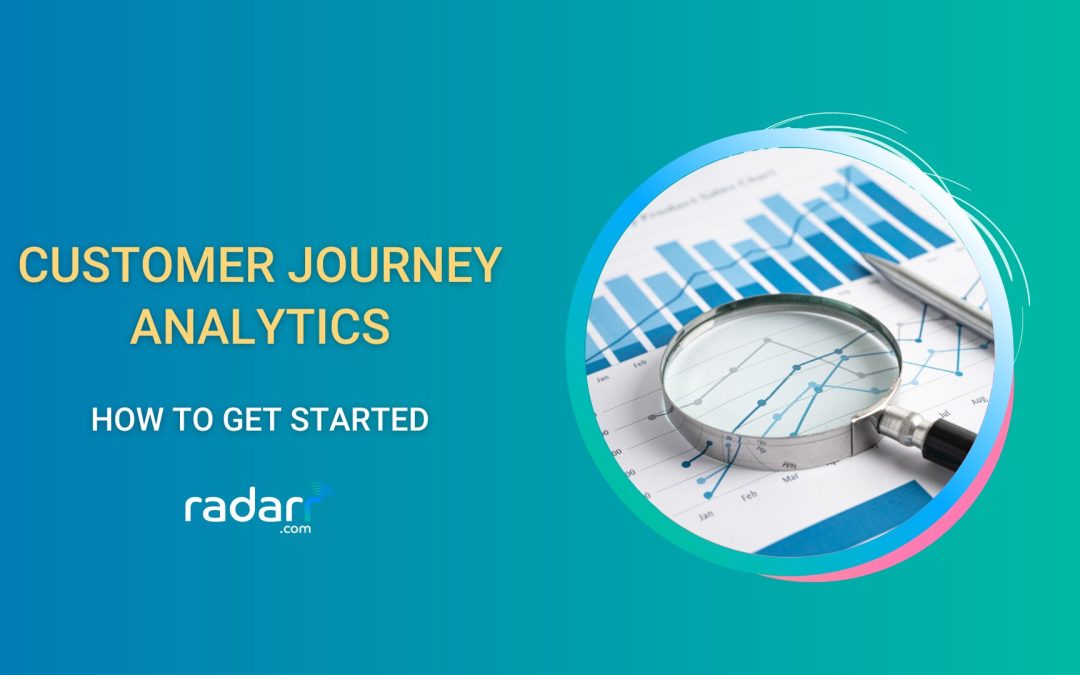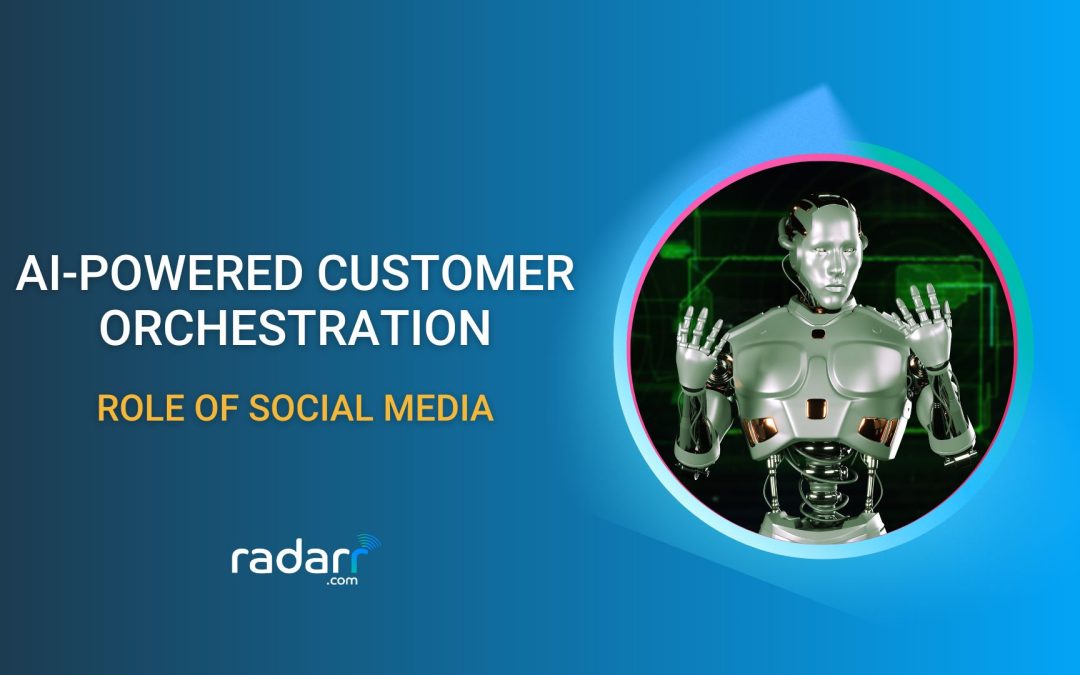If you’ve visited our blog before, you’ll know that there are several ways that social listening tool can be leveraged to understand consumer habits, set benchmarks, and track conversations across social media. But did you know that it is also possible to combine other data sources with social data to come up with more robust insights?
At Radarr, with Social listening tool, we have been integrating various types of data in our reports for our clients. Read on to know how a social listening agency does it!
#1: Integrating Social Data with Google Search Data
Social chatter is a good indicator that people are interested in a certain topic – but what about topics they don’t necessarily talk about on social media? In some cases, search data can be a stronger proof of interest than buzz volume.
Let’s say you want to discover the top skincare concerns in Singapore. Since it is an embarrassing topic, people may not necessarily talk about acne or psoriasis on Twitter or Instagram. But they are likely to search for solutions for these problems on more ‘private’ search platforms, like Google.
So in this case, search data can indicate interest, but social data can explain qualitatively why people are interested in that particular topic – for example, reasons why acne is a problem for them, products they use to manage their acne, and many explanations.
Search gives you a trigger, Social gives you the reason for the trigger.
So, where exactly can you access Google search data? Trends in Google search volumes are openly available in the Google Trends website. This site analyzes the popularity of search queries in Google across various locations and languages. You can also get search data from the Keyword Planner tool if you have a Google Adwords account. Compared with Google Trends, this tool provides more accurate search volumes (especially if you have a paying account).
Popular Use Cases:
- Trend Spotting/Tracking – Search data is especially useful for identifying trends because it allows people to search for topics even before they start talking about them and can help indicate when interest for a topic started. Then, social data can be used to look at specific conversation themes about these trends.
- Brand Health Tracking – Especially when looked at in comparison with competitors, search data can tell you where your brand stands, specifically in terms of awareness. Social data is a good reference for brand associations and you can also complement this data with related search terms, which can be found in both Google Trends and Adwords Keyword Planner.
- Campaign Tracking – Other than looking at increase in social conversations, it helps to see if your campaign had an impact on how much people have searched about your brand on Google.
#2: Using Social Data to Complement Traditional Research Data
We have a number of Market Research Agency partners and they usually ask us to look at social media data to dig deeper into traditional research tracker findings.
Traditional research is often not able to fully explain the ‘whys’ behind findings and numbers a lot of times. Once a study concludes, traditional researchers just need to work with the data that they have. If they have additional questions that need to be answered, they would need to start another study. This is where digital research comes in – because it is possible to pull historical data using social listening tools.
In one of the projects that we did, the Retail Audit and Brand Health Tracker Data showed that a client’s competitor brand had an increase in Market Share and Consumption, despite a decrease in advertising spending. Their Brand Equity score increased including all specific imagery statements (i.e. Love/Taste). What could have caused the increase of this score?
Working together with the Market Research Agency, we were able to identify specific periods when scores increased and looked at social conversations during these periods. After deep-diving into these conversations, we found out that consumers created a new demand occasion for the product which became popular in that country.

Popular Use Cases:
- Brand Health/Equity Tracking – Market Research can be the basis of qualitative social media data analysis.
- Supplementing Qualitative Research – For one of our clients, we found out that online review sites were influential sources of information that affected consumer purchase behavior. Through social listening tool, we were able to identify which particular websites consumers visited and Qualitative Research explained why people preferred these websites.
#3: Combining Social Data with Sales Data
If traditional research has not been done, social data can often explain movements in sales volumes and provides more in-depth insights. Just take note though, there may be a lag between when people talk or search about a product and when they actually purchase it. Hence, it is best to analyze these data points over a longer duration to really see the correlations between them.

Popular Use Cases:
- Campaign Tracking – Ideally, campaigns that you launch should have an impact on sales. Aside from the usual metrics analyzed for post-campaign evaluation reports such as reach, impressions, volume of social conversations, social engagements, etc., you may also look at the correlations between these data points and sales data.
- Consumer Purchase Behavior Analysis – For some brands, they may notice that sales volumes peak and drop at certain months of the year. These may not necessarily be because of campaigns especially if they are not implemented on a regular basis. Reasons for seasonality in purchase trends can be uncovered by looking at social data alongside sales data.
By no means are these the only data sources that can be integrated with social data (you can also look at website traffic data, digital media performance metrics, among others). The key is to track as many data points as you can and organize your data so you can easily discover correlations whenever you need them.
You’ll never know how much value you can get from your data if you don’t try playing around with it!
Radarr can help you look at your social, search, sales & many other forms of data to uncover deeper insights – just like how we have helped our clients make sense of theirs!

